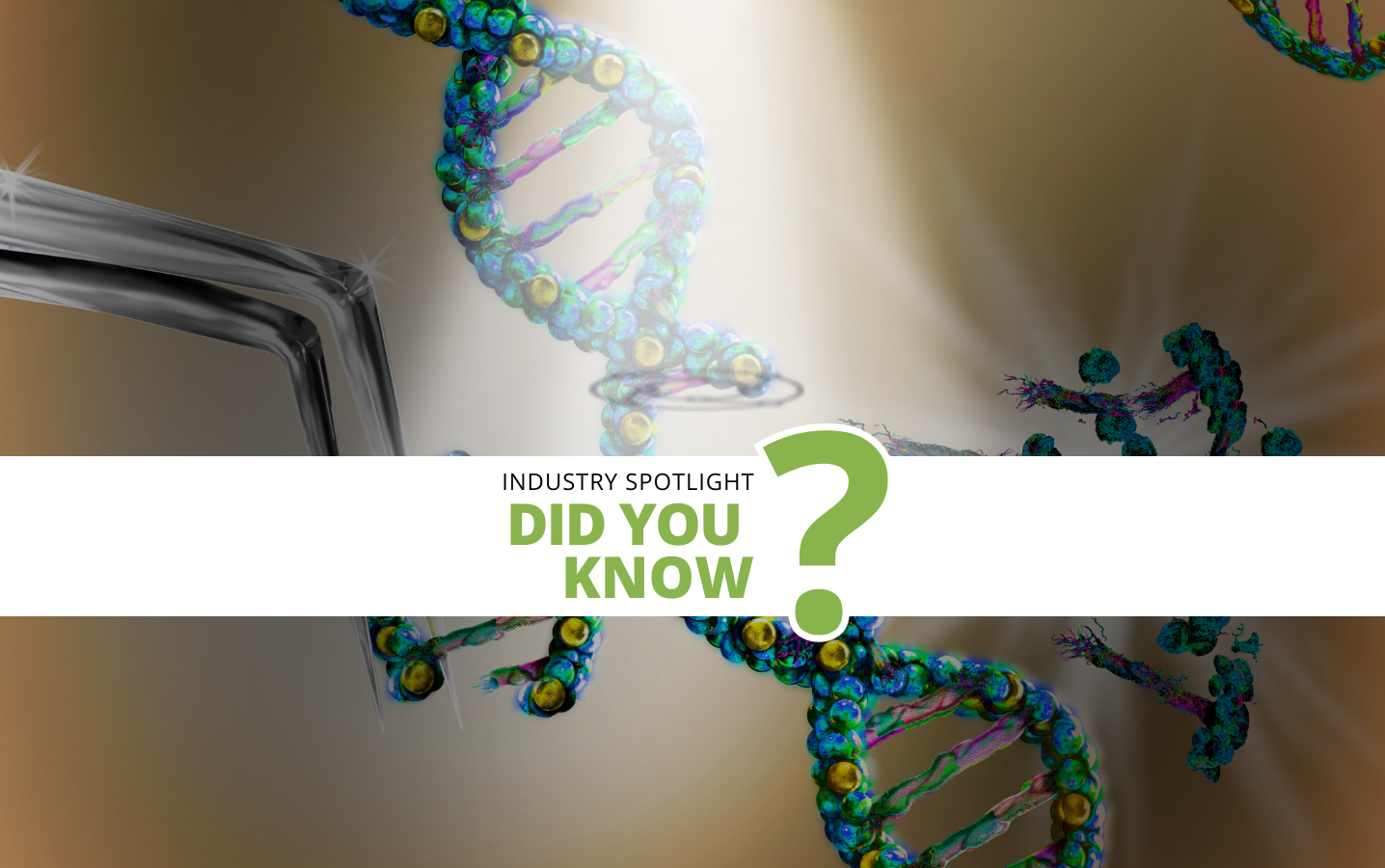Fortunes Brighten for Bluebird Bio as Cash Runway Extended to 2024

Following a rollercoaster 2022, bluebird bio has extended its cash runway by selling 20 million shares.
With the additional funds generated, bluebird hopes to operate until at least the fourth quarter of 2024, according to reporting from Fierce Pharma.
The move comes off the back of a recent FDA decision to lift a hold on the company's pioneering sickle cell disease treatment for patients with the beta thalassemia trait.
Clinical trials had previously paused for ongoing studies of its candidate therapy lovotibeglogene autotemcel (lovo-cel) after one incident of persistent anaemia in a patient.
According to bluebird, the new money will go towards commercialisation and manufacturing for its FDA-approved gene therapies Zynteglo and Skysona, as well as lovo-cel if it receives approval.
An investigation by bluebird following lovo-cel's pause in enrolment found patients with persistent anaemia demonstrated a specific genotype called the alpha-thalassaemia trait, which was added to exclusion criteria for ongoing studies.
The additional funds and renewed encouragement from the FDA are an encouraging sign for bluebird after a year that was punctuated by setbacks.
Prior to the FDA issuing a partial clinical hold for lovo-cel at the end of 2021, bluebird had announced it planned to file lovo-cel for FDA approval in the first quarter of 2023.
Uphill march for bluebird bio
The gene therapy manufacturing specialist, based in Cambridge, Massachusetts, also withdrew from the European market in 2021 after health systems on the continent baulked at the price tag for its beta thalassemia treatment.
With prices of $2.8 million per treatment in the US, it represents one of the most expensive gene therapies currently on the market.
This reflects a key hurdle for bluebird bio in that their therapeutics are highly specific to rare diseases, and as such they have to set a very high price margin to make a profit.
However, these therapies have just one chance to earn money, and in some cases can replace chronic treatments that would otherwise be administered for the rest of the patient's life at a much higher cumulative cost.
According to the National Center for Translational Sciences, the beta thalassemia trait is found in roughly 5,000 people across the United States.
Getting a new therapeutic approved across multiple legislative jurisdictions can be a gruelling process for most companies, but particularly for smaller biotechs who potentially sink or swim based on the success of the outcome.
Get your weekly dose of industry news and announcements here, or head over to our Cell portal to catch up with the latest advances in cellular therapies.
Related Resources







